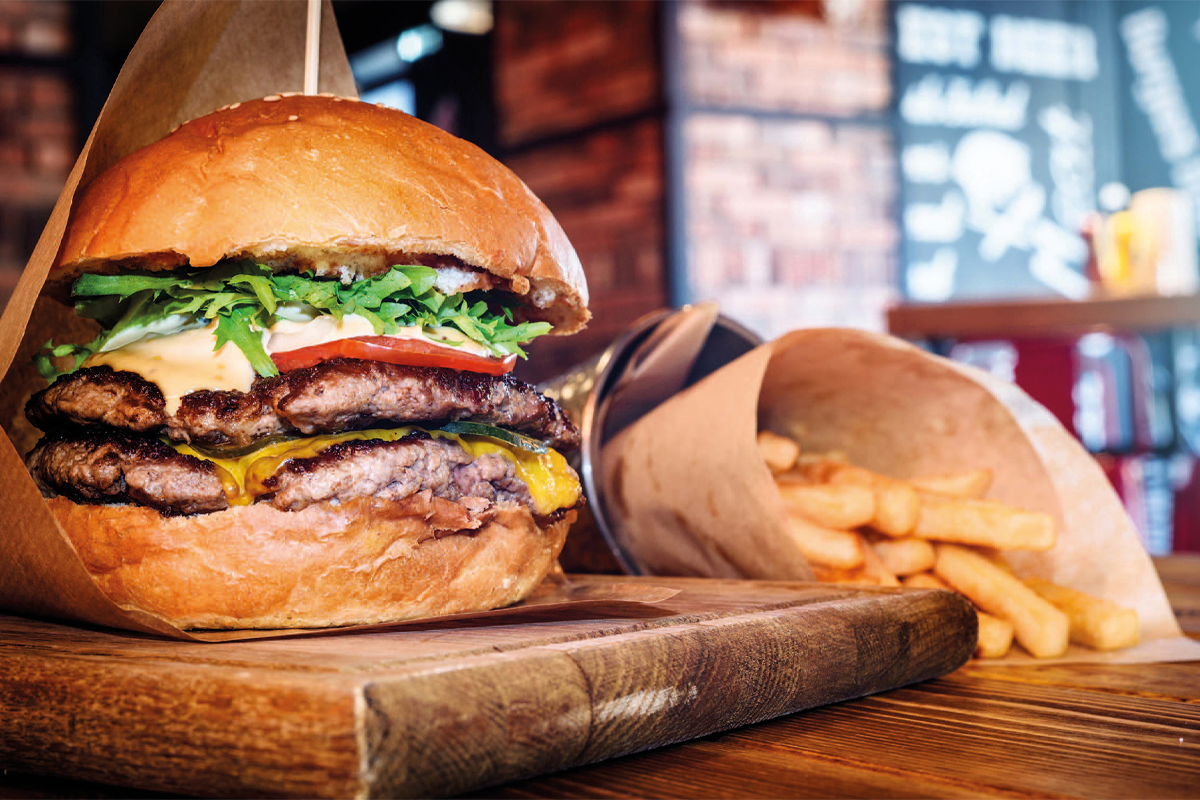Plans to tackle ‘unhealthy’ eating habits leave a bad taste

“An attack on the poor.”
That sums up the public reaction (so far as printable) following a meeting between Nicola Sturgeon and Jamie Oliver back in 2018.
The first minister and the celebrity chef met to condemn junk food promotions such as two-for-one pizza deals with Sturgeon vowing to tackle childhood obesity.
Plans to introduce statutory curbs, paused during the pandemic and despite the cost-of-living crisis in its wake, are now underway.
Announcing the Scottish Government’s legislative programme for 2022/2023, the first minister told the Holyrood chamber a few weeks ago: “We will… introduce a new Public Health Bill to restrict promotions on less healthy food and drink, and consult on proposals to restrict alcohol promotions.”
That statement is plainly short on detail – so what do we know?
The Bill is likely to set out controls on the promotion of a potentially huge range of “unhealthy” foods: for example, confectionery, crisps, sweetened yogurt, croissants, ready meals, processed meats – even garlic bread and roast potatoes.
Red-flagged products would be subject to multi-buy bans, with restrictions also imposed on the location of targeted foods.
We’re very familiar with exactly this sort of approach in alcohol retailing and I’m not aware of reliable evidence that alcohol purchasing habits have been impacted in any significant way. All that’s missing is minimum pizza pricing.
The outlets affected will include not only supermarkets and convenience stores but also restaurants, cafés and online retailers.
Has the pie and beans had its chips? Is the breakfast fry-up set to become toast?
As matters currently stand, it would seem not. The consultation indicates that the controls would only apply to “pre-packed food” – but they would include added-sugar soft drinks with a ban on unlimited refills.
Indisputably, tackling childhood obesity is a laudable objective – however, a health crackdown most affecting those at the low end of the socio-economic ladder manifestly doesn’t address the poverty behind poor eating habits.
Also note the first minister’s reference to “proposals to restrict alcohol promotions”.
There are of course a large number of promotions already banned under the Licensing (Scotland) Act 2005.
It’s now likely we’ll see marketing and advertising curbs long called for by Alcohol Focus Scotland and other lobbyists who believe that children and young people’s exposure to alcohol advertising leads them to start drinking earlier.
The bans are likely to target advertising in outdoor and public spaces such as streets, parks and public transport.
The control of television, radio and online advertising doesn’t fall within the competence of the Scottish Government; and, of course, the Advertising Standards Authority is a very active watchdog.
It’s yet another example of sustained attempts to airbrush alcohol from society; and, as I recently discovered, wokery and its close friend puritanism are now playing their part.
I settled down to watch one of the Hobbit movies on an internet streaming service.
As soon as the film started, words of warning appeared at the top of the screen: “Alcohol use, smoking, violence”.
What to expect? Bilbo Baggins and Gandalf collapsed on a tavern floor after a drunken brawl, barely visible through a dense cloud of smoke?
Well, no; there’s violence aplenty, but the smoking element consists of a brief scene in which Gandalf puffs on a clay pipe and the alcohol consumption is small to vanishing.
The same service shows re-runs of the Four in a Bed series (first broadcast on Channel 4), prefaced with an “alcohol use” warning and a “13+” rating – but only because the bed and breakfast competitors get together at the end of each day to have dinner with a glass of wine or beer.
I suppose it’s just possible that, in a few years time, programmes will come with a “pizza eating” warning.




















